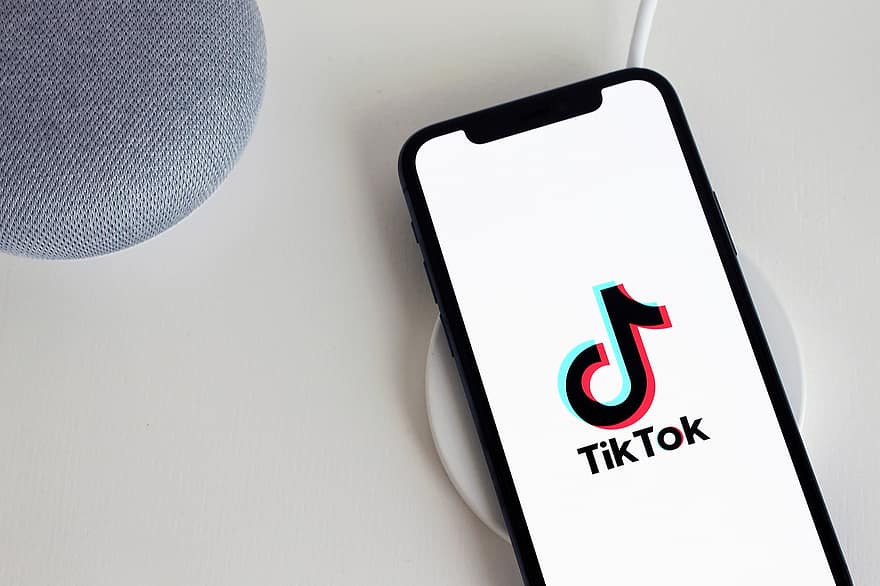
TikTok, the app taking popular culture by storm, is the fastest growing social media platform with around 800 million active users. Despite being a mere five years old, the president of the free world has referenced the app on more than one occasion. How did TikTok become so popular?
TikTok is addictive. And young people are so accustomed to the impulsivity the app cultivates they don’t even realize they’re hooked.
According to a study done by Microsoft, the average human attention span is now less than 8 seconds, making the 15-second TikTok videos perfect for the sporadic modern mind. Our brain uses a neurotransmitter called dopamine to reward us for consuming information that is judged to be beneficial. This warm fuzzy feeling we get after a good meal is the same feeling we get from paying attention to something interesting. This makes TikTok a dopamine jackpot, as its algorithm constantly refreshes a page with new content based on user data.
In an article about the addictive nature of TikTok, Eliza Aguhar writes, “Motion attracts our attention because it helps us survive. It’s the reason why five billion YouTube videos are watched per day and the average American only reads for an hour and a half per year.” Referencing the TikTok algorithm, Aguhar notes, “The more content we’re faced with, the less our attention span is and the greater our urge to look at new content.”
And TikTok’s content is less than ideal. As Data Series writes, “If the platform aims to present creativity, knowledge and precious life moments, why is the content restricted to 15 second videos?” Assistant Professor of Psychology Benjamin Winegard says that in comparison to other social media platforms, TikTok is “probably the least substantive. The content that’s rewarded is not thoughtful or rich. Younger people are spending a lot of time and energy to produce this ephemera.”
And if that isn’t enough, TikTok subconsciously teaches its users that likes and views are akin to deep, personal connections.
“TikTok plays on these kinds of neurosystems that have evolved for real social contact,” Winegard said.
Although uncoordinated dances to the newest Ariana Grande hit generate the most likes and views, it teaches users to base their actions on what is popular or mainstream.
“Instead of your worldview being something that is intrinsically valuable to you and gained through study, contemplation, and hard thought, you just do whatever anybody else is doing,” Winegard said.
In sum, if humans don’t act intentionally, they end up blindly promoting the agendas of trendsetters.
Maybe TikTok is redeemable and maybe it isn’t, but one thing is for sure: it ought to be treated with extreme caution.

